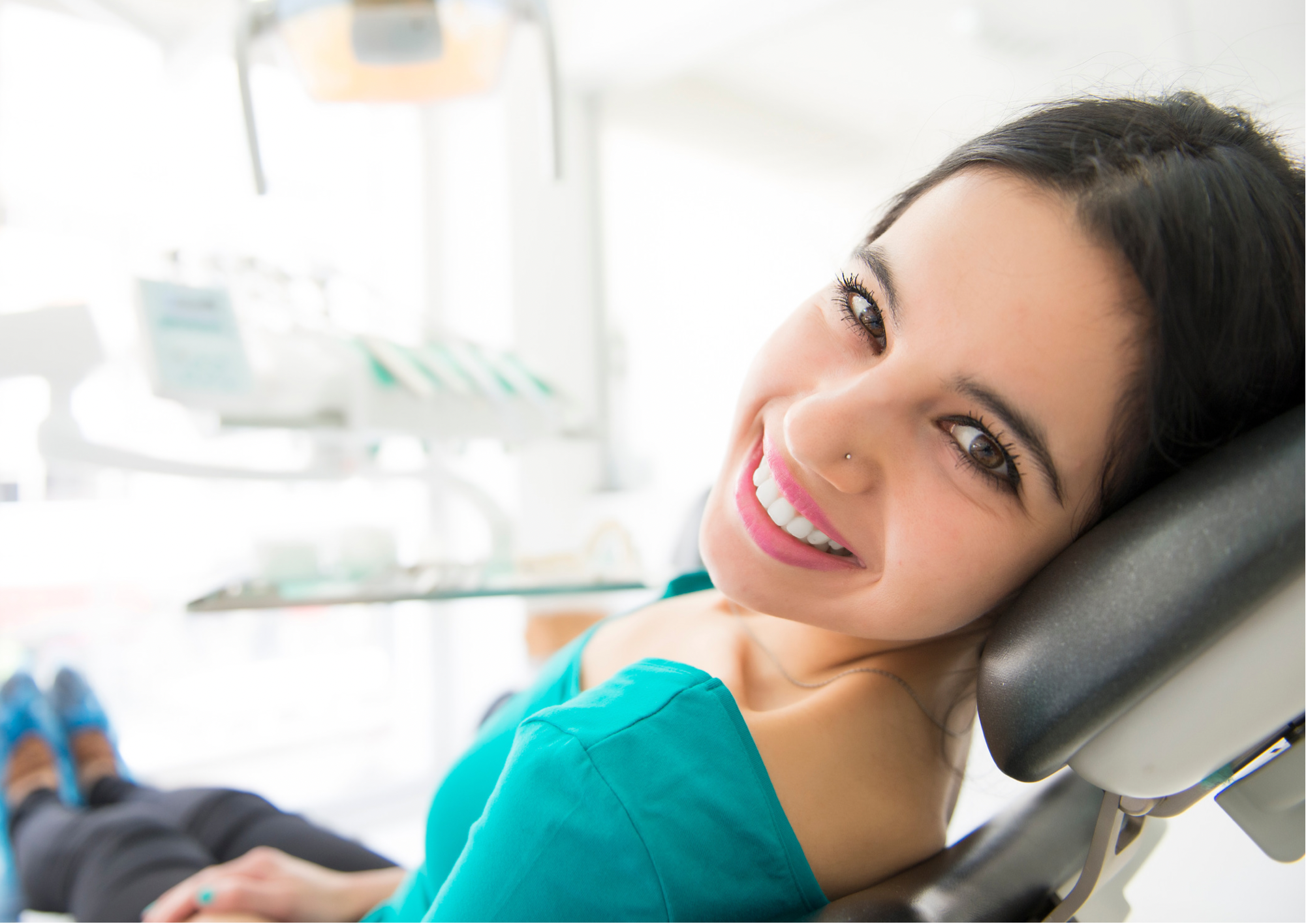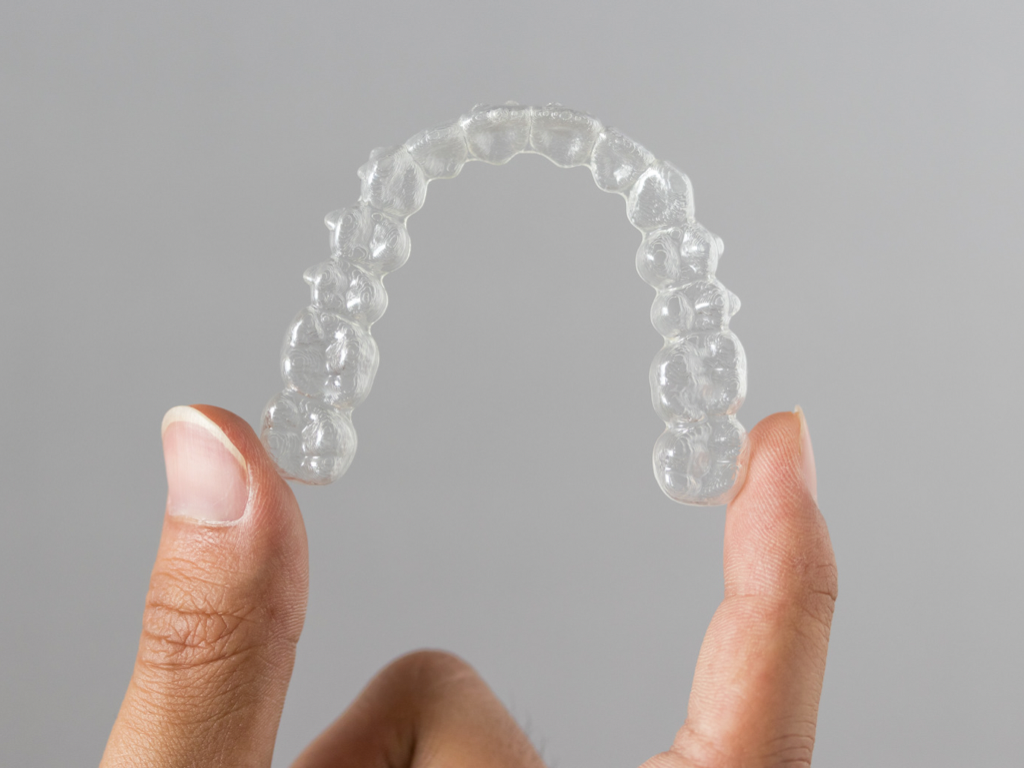Regular visits to the dental hygienist are equally as important as your routine check-ups with your dentist but often get overlooked. A dental hygienist's role is very different from that of a dentist.
Dental Hygienist
The dental hygienist helps patients maintain their oral health by promoting good oral hygiene as well as preventing and treating periodontal disease. Periodontal disease (gum disease) affects 75% of adults in the U.K and is the biggest cause of tooth loss.
Role Of The Hygienist :
• Dental clean – scale and polish
• Remove plaque and tartar
• Remove stains
• Dietary advice
• Brushing and interdental cleaning advice
Dentist
Dentists are like a GP but for teeth, unlike the hygienist who specialises in gum health, their skill set is broad and focused more on preventing and treating oral diseases such as dental decay.
Role Of The Dentist:
• Perform dental check-ups
• Diagnose dental decay
• Promote good oral hygiene
• Give dietary advice
• Take X-rays
• Treat dental diseases - fillings, root canal treatments, dental extractions
• Check for signs of oral cancer
• Prescriptions
Cosmetic Dentist
Cosmetic dentistry refers to any dental work which improves the aesthetics of the teeth. It usually focuses on the position, shape, size and colour of the teeth. A cosmetic dentist will not carry out any cosmetic dental procedures on anyone with periodontal issues and will always recommend seeing a dental hygienist.
Role Of A Cosmetic Dentist:
• Smile Makeovers
• Teeth Straightening, (orthodontics) using clear aligners or fixed braces
• Composite Veneers (composite bonding or composite contouring)
• Porcelain Veneers
• Dental Implants
Some dentists may also be trained in facial aesthetic treatments such as -
• Anti-Wrinkle Injections
• Dermal Fillers
• Chemical Peels
• Profhilo
Our hygienist recommends patients attend the hygienist every 6 months to keep their gums in tip-top condition and to prevent tooth loss. She also recommends brushing twice daily with an electric toothbrush and cleaning interdentally at least once a day (before brushing your teeth).
If you would like to know more about any of the treatments we offer we would love to hear from you.
Contact Details -
Haywards Heath, Mid Sussex - hh@s3dental.co.uk
Hinchley Wood, Surrey - hw@s3dental.co.uk
Eltham, London - eltham@s3dental.co.uk

























